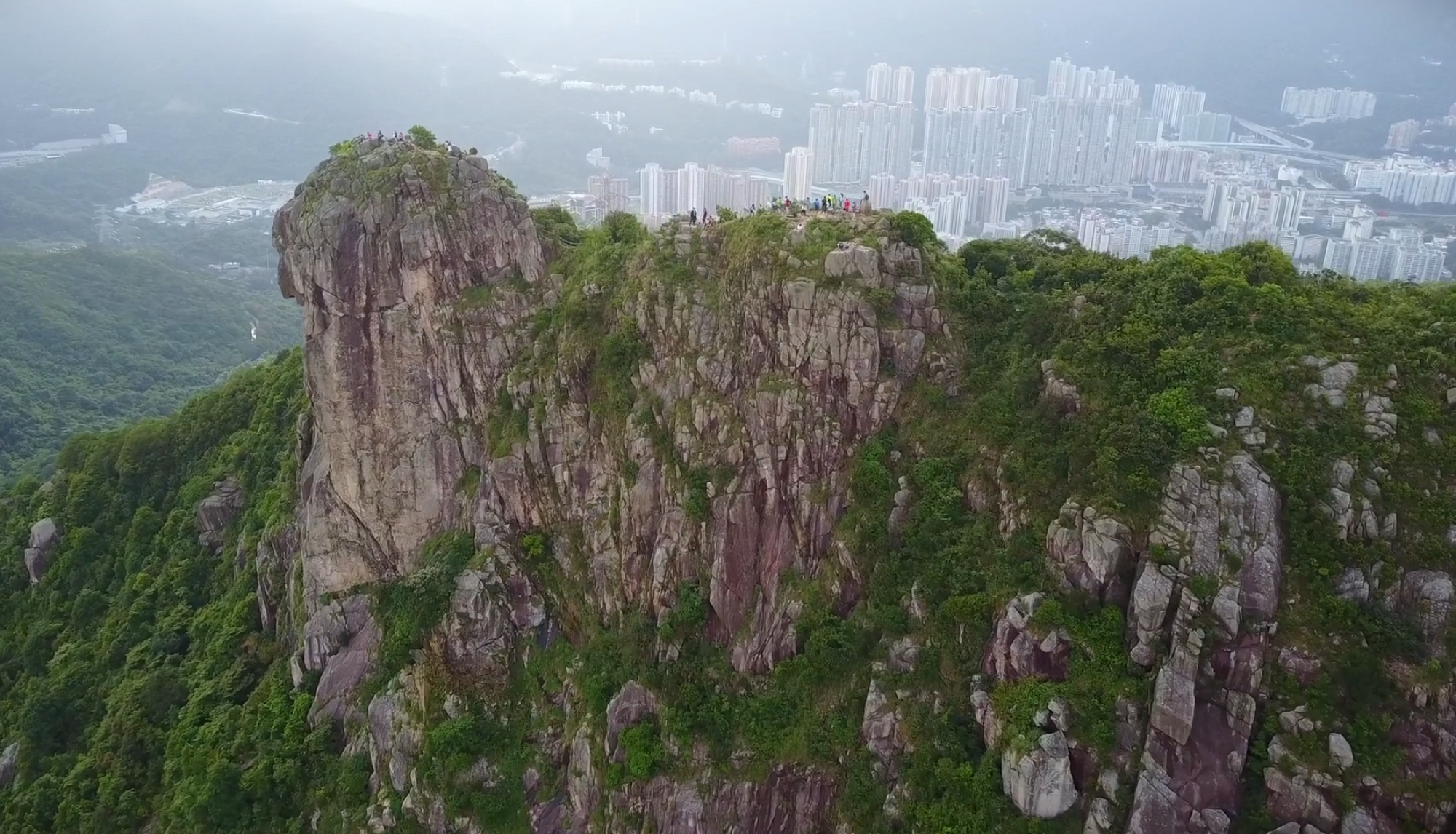[W]hat right do I, as a [Canadian-born Chinese], to say I am also a Hongkonger?
Creator:
Vivian Lee (she/her)
The identity label of “Hong Konger” is fraught with political and ideological implications. For some, access to this identity is simply migration and ancestral history. For others, access to it implies having had certain kinds of experiences. In particular, the idea of “Hong Konger” has become intimately tied to the 2019 Pro-Democracy protests, which has created significant contentions among Hong Kong diaspora due to their absence from the city during the height of the protests. Vivian’s work transports the reader through her mental struggle with this term, and her journey of figuring out whether or not she has the right to call herself a Hong Konger. She also links the label to linguistic and cultural knowledge, which is tied to various intersectional considerations in and of itself. Read through her work to see how she reconciles this conflict for herself – but understand that this may be different for other people. How differently can others reconcile this same identity confusion?
